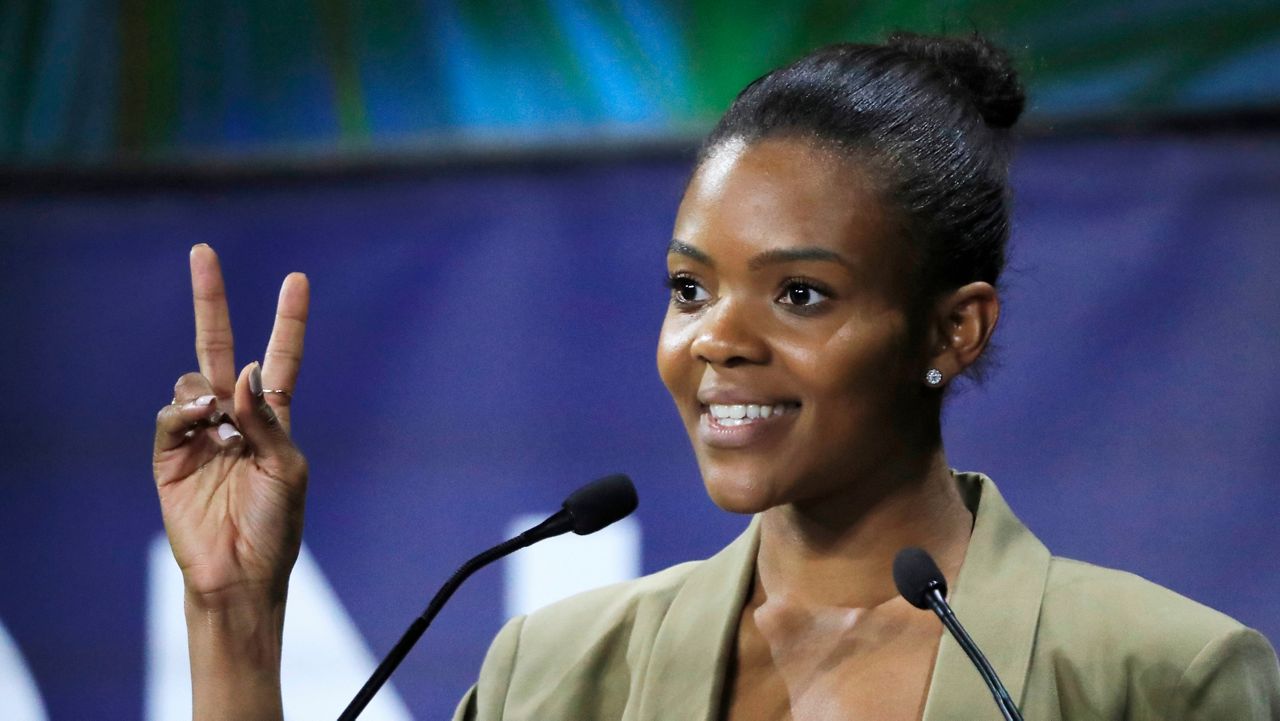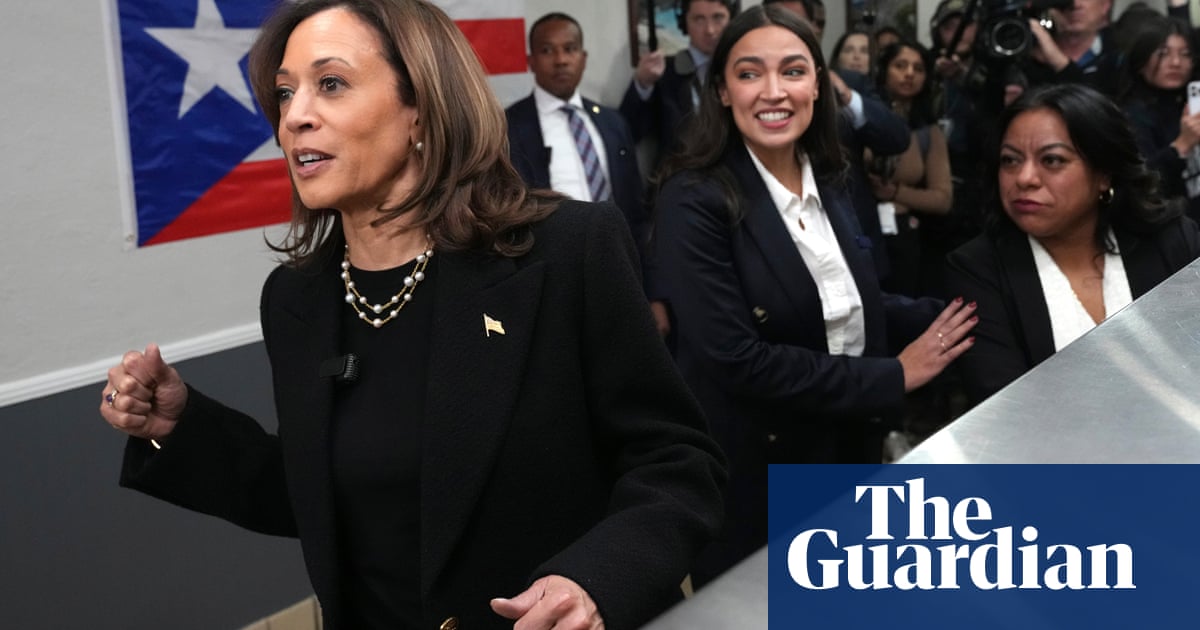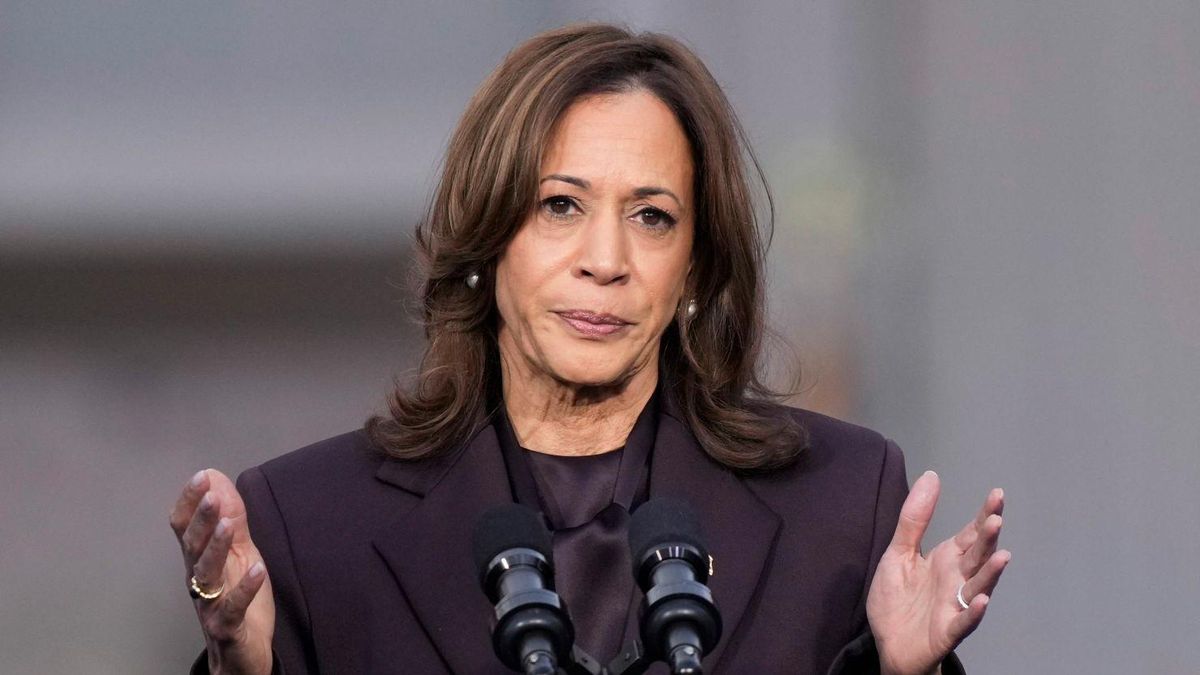- BlackVoter.Org
- Posts
- BLACKVOTER.ORG
BLACKVOTER.ORG

Despite significant advancements in HIV treatment and prevention, needless deaths from AIDS persist, primarily due to political and social barriers rather than medical ones. On World AIDS Day, experts Hans Kluge and Robb Butler highlight that stigma, discrimination, and inadequate healthcare access remain pervasive challenges, especially for marginalized groups like sex workers and men who have sex with men.
In Eastern Europe and Central Asia, a staggering 50% of those living with HIV are not receiving antiretroviral therapy (ART). To combat this epidemic effectively, the authors argue that countries must depoliticize their HIV responses, enhance public awareness, and confront stigma within healthcare systems.
They urge leaders to commit resources and innovative strategies, aiming for the UNAIDS “95 goals” by 2030. As we reflect on this crisis, it is crucial to pave the way for a future free from AIDS – a goal within reach if we choose compassion and action over fear and discrimination.

Conservative influencer Candace Owens has been denied entry into New Zealand, following a similar visa rejection from Australia. The New Zealand immigration officials cited her prior ban from Australia as the reason for the visa denial.
Owens, scheduled to speak at events in both countries, faced backlash for controversial remarks regarding Jews and Muslims, including comments minimizing Nazi medical experimentation during World War II. Australian Immigration Minister Tony Burke labeled her as someone who could "incite discord," emphasizing that her presence was not in Australia's national interest.
While tickets for her events remain on sale, neither Owens nor the promoter has commented on the visa denials. This situation highlights ongoing tensions surrounding free speech and the consequences of incendiary political rhetoric.

In the latest episode of The Guardian's podcast, host Jonathan Freedland engages with Waleed Shahid, former senior adviser to Alexandria Ocasio-Cortez, to dissect the ongoing blame game within the Democratic Party following their election losses. Following James Carville's critique of identity politics and “woke” theory as culprits for Kamala Harris’s defeat, Shahid argues this perspective is overly simplistic and deflects from deeper issues within the party.
He emphasizes that the left isn't to blame and explores uncomfortable truths about the Democratic Party's struggles, advocating for a more nuanced understanding of electoral failures.

In "The Revenge of Power: How Autocrats are Reinventing Politics for the 21st Century," Moisés Naím unveils a startling reality: modern autocrats are not just tyrants; they’re cunning manipulators utilizing democratic processes to solidify their regimes. Naím introduces the concept of "3P autocrats," who employ Populism, Polarization, and Post-truth strategies to erode democratic institutions and gain unchecked power.
With examples from around the world, he illustrates how these leaders exploit societal divisions and manipulate information to foster a sense of loyalty that blurs the line between governance and celebrity. The book serves as both a warning and a call to action, urging readers to recognize the immediate threats to democracy and the critical need for revolutionary courage to resist these undermining forces.
Naím’s in-depth analysis offers valuable insights for politicians, scholars, and anyone passionate about preserving democratic values in an increasingly autocratic landscape.

The 2024 U.S.
Presidential Election has ignited a fierce debate about voter dynamics, particularly among Black women and minority communities grappling with the unexpected return of Donald Trump to power. Kamala Harris’ candidacy represented hope for many, yet her loss has left a sense of grief and urgency for change.
Despite overwhelming support from Black women and a notable increase in Trump’s appeal among Black voters, the election results highlight shifting allegiances influenced by socioeconomic concerns. In key areas like Maricopa County, Latino voters showcased divergent trends, indicating a growing complexity in voter priorities.
This election underscores the necessity for Democratic leaders to address everyday struggles and foster genuine connections with their constituents. As communities reflect on these outcomes, the call for more equitable representation and accountability in governance has never been more vital, propelling discussions on policies that directly impact lives.
The future of American politics hinges on responsiveness to these evolving narratives.

In the swirling debate surrounding Jon M. Chu’s film adaptation of "Wicked," many viewers are losing sight of the story's deeper messages.
While the musical critiques issues like propaganda and the complexities of good versus evil, audiences are interpreting its characters through rigid political lenses, leading to wildly divergent conclusions. Some see Elphaba as a misunderstood hero, while others identify her as a villain reflecting contemporary figures, such as Donald Trump.
This partisan viewing risks oversimplifying a narrative that champions nuance and challenges us to confront our biases. "Wicked" reminds us that labeling people as purely 'good' or 'evil' overlooks the intricate realities of motivations, power dynamics, and societal perceptions.
Ultimately, the story prompts us to reflect on our beliefs, urging a departure from black-and-white thinking. Those who emerge more assured of their political perspectives might be missing the beauty in its complexity.

In a lively roundup of political news, Fox News highlights the year’s biggest “political turkeys” targeted by conservatives. From the Biden administration’s policies affecting women and firearms to tensions at the Macy's Thanksgiving Day Parade, these stories reveal a tumultuous political landscape.
Key headlines include struggles of the Democratic party, labor strikes at major retail giants, and controversies surrounding Trump's potential return to the White House. Reports also spotlight how the Biden-Harris administration's treatment of Christians is igniting debate.
As political drama unfolds, new Republican Governors chair touts superior policies for upcoming campaigns, while political betting markets see continued interest.

In the wake of the 2024 election, curiosity surrounds the Amish community's voting impact, particularly in battleground states like Pennsylvania. Historically low in participation, the Amish have drawn interest from Republican supporters keen to tap into their traditional values.
While many Amish shy away from voting due to beliefs prioritizing separation from worldly affairs, an increased focus on religious freedom and government overreach has prompted some to the polls. With nearly 400,000 Amish individuals across the U.
S., their collective voice could sway elections, especially when margins are tight.
Innovative outreach strategies, including face-to-face engagement and localized messaging, are being tested to connect this unique community’s values with political action. However, experts warn against oversimplifying Amish perspectives, emphasizing diversity within their ranks.
As the dust settles post-election, the true weight of the Amish vote remains an intriguing question for political analysts and activists alike.

In her thought-provoking op-ed for Teen Vogue, Leah Marilla Thomas explores how the Broadway musical Wicked resonates with today’s political climate, drawing stark parallels to the George W. Bush era—particularly in the context of the Trump years.
Originally lauded for its political undertones upon its 2003 debut, Wicked’s themes of anti-intellectualism, scapegoating, and propaganda are becoming increasingly relevant. Thomas highlights witty song lyrics and moments that critique leadership, manipulation, and societal values, demonstrating how they reflect not only Bush's presidency but also contemporary issues like the cult of personality surrounding Trump.
As we revisit this musical, its underlying messages about questioning authority and social justice resonate more intensely in our current polarized landscape, making us reflect on how far we’ve regressed. Ultimately, Wicked serves as both an entertaining spectacle and a poignant commentary on the cyclical nature of American politics.


